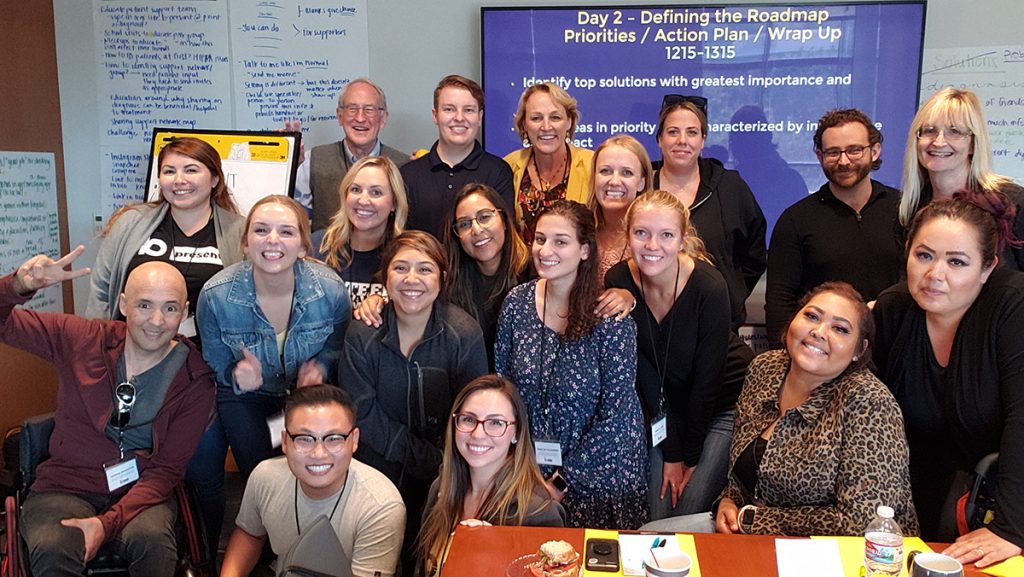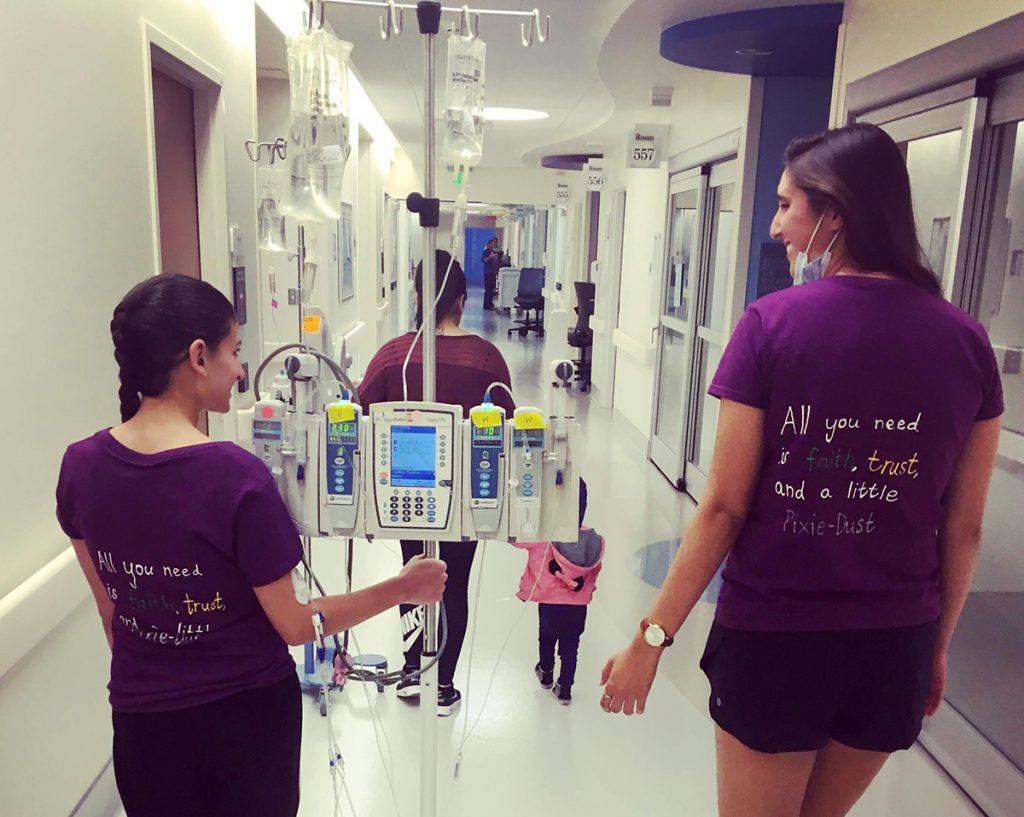Young adults diagnosed with cancer are required to press pause during such a pivotal time in their lives and often don’t receive consistent support from busy friends. Unfortunately, poor support can contribute to a negative response to treatment and overall worse health outcomes. Through our research informed programs, b-aware and b-there, we are providing the information and tools that empower the social support network to be present from diagnosis, through treatment and beyond.

Research
We teamed with researchers to study social support experiences, challenges and resource gaps, and together we are shaping the future of social connection and support after a cancer diagnosis.

b-aware
We proactively provide adolescents and young adults the education and experiences before a loved one is diagnosed so they feel empowered to be present when they are needed most.

b-there
We provide the resources and tools after a diagnosis so adolescents and young adults with cancer remain connected and supported by their communities of support throughout treatment and beyond.
Join Our #SupportSquad
Want to learn more and stay in the loop? Sign up for exclusive updates, stories and info on how to get involved.

